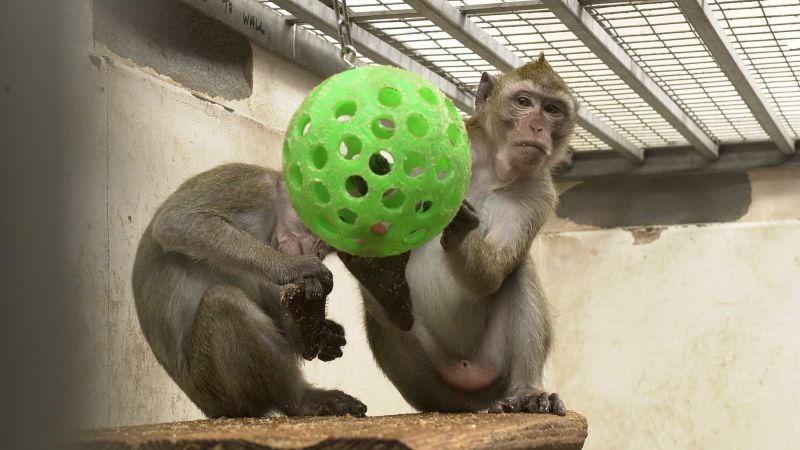 This Sunday is World Hepatitis Awareness Day, with a theme of 'This is hepatitis. Know it. Confront it.' The World Hepatitis Alliance (WHA) campaign focuses on viral hepatitis and in particular hepatitis B and C, which combined infect approximately 500 million people worldwide and kill 1 million people per year.
This Sunday is World Hepatitis Awareness Day, with a theme of 'This is hepatitis. Know it. Confront it.' The World Hepatitis Alliance (WHA) campaign focuses on viral hepatitis and in particular hepatitis B and C, which combined infect approximately 500 million people worldwide and kill 1 million people per year.
Acute hepatitis may be asymptomatic, but it can present flu-like symptoms or in more serious cases jaundice. Chronic hepatitis may not be apparent for many years until the gradual scarring of the liver leads to irreparable damage and potentially cancer.
‘Viral hepatitis is the 8th leading cause of death worldwide, killing as many people as HIV/AIDS every single year’ says Charles Gore, President of the World Hepatitis Alliance. ‘500 million people worldwide are chronically infected. In the face of these numbers how is it possible that viral hepatitis receives so little priority across the world?’ However, research does continue to develop treatments and vaccines for hepatitis B and C despite hepatitis being a traditionally difficult area of research as only humans and chimpanzees can be infected by the viruses.

A vaccine for hepatitis B was first developed in 1976 from hepatitis B antigens purified from infected blood. The vaccine was first trialled in chimpanzees and proved safe and effective against exposure to the virus before beginning trials in humans. However it is a very infectious disease and vaccination programs have struggled to reduce its prevalence – in fact about 2 billion people have caught hepatitis B at some point. For the 240 million people who are chronically infected with hepatitis B, current treatments can only control the disease, resulting in a lifetime of side effects and injections. There have been concerns that the reduction in chimpanzee research could have an impact on the development of further and more effective hepatitis B treatments.
Hepatitis C by comparison, has no vaccine and progress may also be hampered without chimpanzee research, however alternatives may mitigate this. A breakthrough in isolating an immortal human cell line that could be infected with hepatitis C has led to new treatments being developed, which look promising in late-stage clinical trials. In addition, advances in genetically modified ‘humanised’ mice have allowed researchers to study the virus infecting liver cells and there is hope that these mice can be used to develop a vaccine.
In statistics released today, diagnoses of hepatitis C have increased by 38% in England over the past two years and have trebled in London.
To find out more about developments in hepatitis C research visit animalresearch.info
Top image credit: ©iStock/Eraxion
Last edited: 27 October 2022 19:16




